Often I have to pass to fragment (or to activity) some interface instance without any internal data. To pass it to fragment (or activity), I should write it to Bundle (or Intent) as Parcelable or Serializable. What do I choose from these two options ?
Example:
public class SomeFragment {
public static interface Helper {
View prepareView(SomeFragment fragment, LayoutInflater inflater);
// etc.
}
@Override
public View onCreateView(LayoutInflater inflater, ViewGroup container, Bundle savedInstanceState) {
return extractHelperFromArguments().prepareView(this, inflater);
}
public static SomeFragment newInstance(Helper helper) {
SomeFragment fragment = new SomeFragment();
//
// Bundle args = new Bundle();
//
// args.putParcelable(KEY_HELPER, (Parcelable) helper);
// or
// args.putSerializable(KEY_HELPER, (Serializable) helper);
// ?
//
// fragment.setArguments(args)
return fragment;
}
}
If I choose Parcelable then I have to declare static field CREATOR and empty methods describeContents() and writeToParcel() (empty because the class doesn't have fields).
If I choose Serializable then I don't have to do anything.
Sorry for my English
